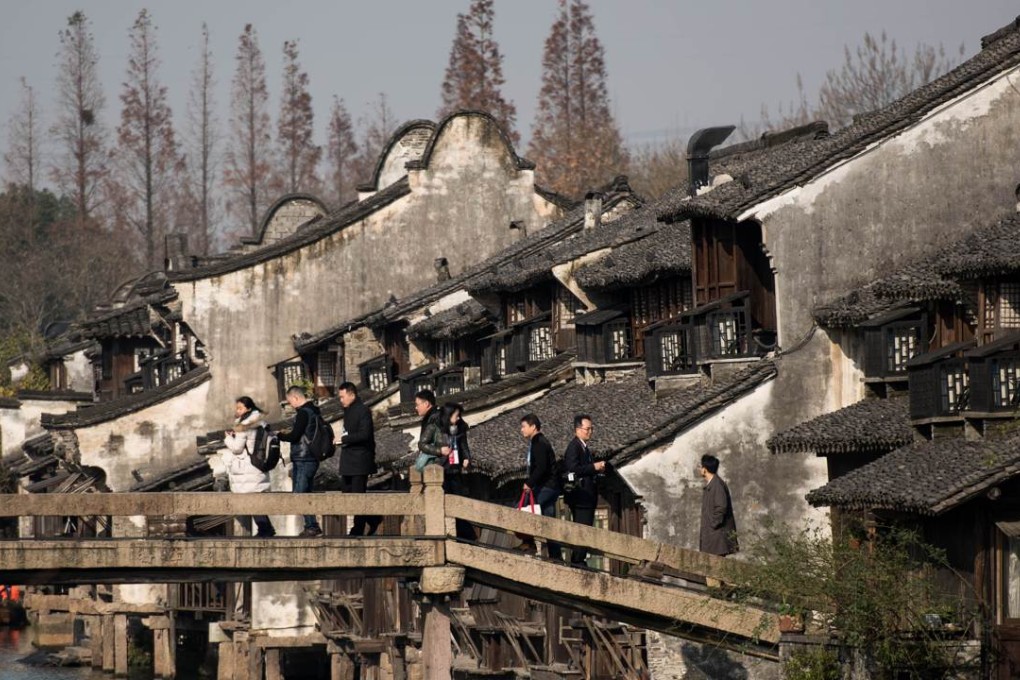World Internet Conference 2015: Top quotes from the opening day of China’s annual three-day event

Lei Jun, CEO of Xiaomi
When I founded Xiaomi, my goal was to make good smartphones that would capture the hearts of users. Many Chinese companies believe that they should treat customers like they are God, but I believe that we should treat our customers as friends [and build a relationship with them]. To build a company that can last through centuries, you need to be the real deal, you need substance.
Xiaomi does not emphasise goals [such as smartphone sales] anymore, because I want to get rid of traditional key performance indicators. We need to go back to our original mission - to make a good product for our users - instead of being affected by external judgements or numbers.
I hope that Xiaomi can represent China as we move to [penetrate] more countries worldwide. Many people ask me when Xiaomi will expand to South Korea or the United States, but I think we need some time. We need to move one step at a time to bring the Xiaomi user experience to a global audience.